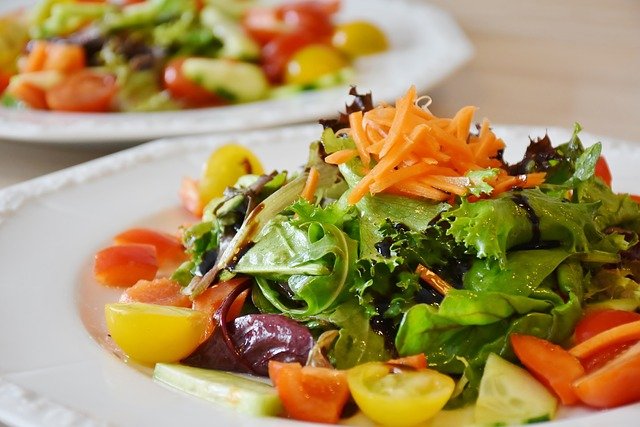Products Page Swiss Cheeses Gruyere Cheese 2
Preparing food and drink is mostly a process of changing the chemical and physical nature of the food. Molecules react to form new compounds; heat changes the nature of how food molecules function and interact with each other, and physical change brings about new textures and flavors to what we eat. To gain a better appreciation for these chemical and physical processes, a fundamental understanding of the building blocks of food and cooking must first be understood.

In the following two chapters we will study the basic biological principles of cooking, tasting, and smelling. One of the most important building blocks of food is water; our bodies, food, and environment are dependent on the unique chemistry and biology of this molecule. Large biological molecules such as proteins, carbohydrates, and fats comprise the basic building blocks of food. Smaller molecules, including vitamins, salts, and organic molecules, add important components to cooking and the taste of food.
Finally, the basics of plant and animal cells and cellular organization are key to understanding the nature of food and cooking processes. However, before we get into some of the science fundamentals, it is important to recognize and acknowledge the origins of and the chefs who first embraced the science behind their profession.

